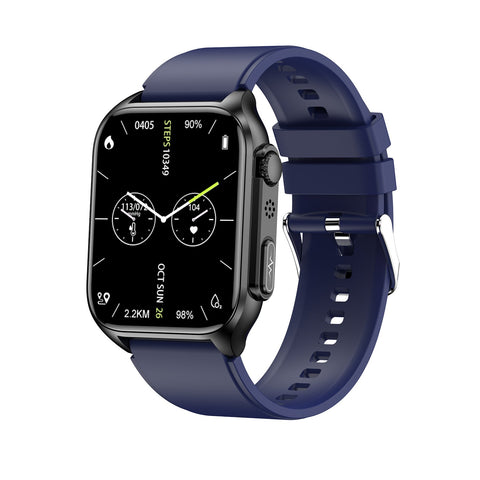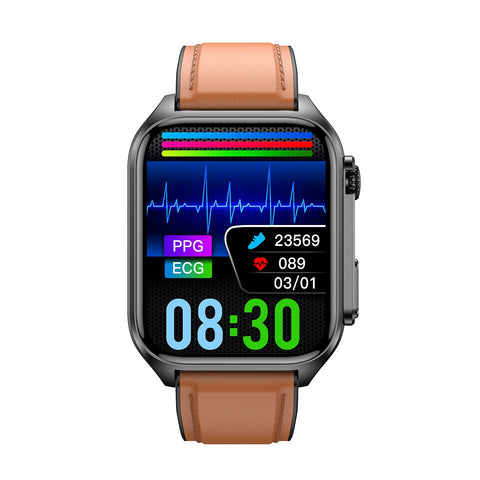How Sleep Can Help Curb Stress Eating
In the hustle and bustle of modern life, stress is often an unavoidable companion. For many, stress can trigger a range of responses, including the urge to indulge in comfort foods as a coping mechanism. This phenomenon, known as stress eating or emotional eating, can sabotage our efforts to maintain a healthy diet and lead to unwanted weight gain. However, there's a powerful ally in the battle against stress eating that often goes overlooked: sleep.
Cracking the Code of Stress Eating
Stress eating is a behavioral response characterized by the consumption of food in response to emotional triggers rather than physical hunger cues. During times of stress, our bodies produce cortisol, often referred to as the "stress hormone." Elevated cortisol levels can increase cravings for high-calorie, carbohydrate-rich foods, as these foods temporarily boost mood and provide a sense of comfort. While occasional indulgence is normal, chronic stress eating can lead to weight gain, poor nutritional choices, and a cycle of guilt and shame surrounding food.
The Role of Sleep in Stress Management
Quality sleep is essential for overall health and well-being, playing a crucial role in various physiological processes, including stress regulation and appetite control. When we're sleep-deprived, our bodies produce higher levels of cortisol, amplifying stress responses and triggering cravings for unhealthy foods. Additionally, inadequate sleep disrupts the balance of hunger hormones leptin and ghrelin, leading to increased appetite and a preference for calorie-dense foods.
How Sleep Helps Curb Stress Eating
-
Regulation of Hunger Hormones: Adequate sleep supports the proper functioning of hunger hormones, helping maintain a healthy balance between appetite and satiety. This can reduce cravings for unhealthy foods and prevent impulsive eating driven by stress.
-
Enhanced Stress Resilience: Quality sleep enhances our ability to cope with stress by regulating cortisol levels and promoting emotional stability. With better stress management, we're less likely to turn to food as a means of comfort during challenging times.
-
Improved Decision-Making: Sleep deprivation impairs cognitive function, making it difficult to make mindful, health-conscious food choices. By prioritizing sleep, we can sharpen our cognitive abilities and make more informed decisions about what and when to eat.
-
Restoration of Energy Balance: Adequate sleep supports optimal energy metabolism, helping regulate appetite and energy expenditure. When well-rested, we're more likely to engage in physical activity and make healthier dietary choices, reducing the likelihood of stress-induced overeating.
Practical Tips for Promoting Better Sleep and Curbing Stress Eating
-
Establish a Consistent Sleep Schedule: Aim for 7-9 hours of quality sleep each night by maintaining a regular sleep-wake cycle, even on weekends.
-
Create a Relaxing Bedtime Routine: Wind down before bed with calming activities such as reading, gentle stretching, or practicing relaxation techniques like deep breathing or meditation.
-
Optimize Your Sleep Environment: Create a sleep-friendly environment by keeping your bedroom cool, dark, and quiet, and investing in a comfortable mattress and pillows.
-
Limit Stimulants and Screen Time: Avoid consuming caffeine and engaging in stimulating activities before bedtime, as they can interfere with sleep quality. Minimize exposure to electronic devices with blue light emissions, which can disrupt circadian rhythms.
-
Seek Support: If stress eating persists despite efforts to improve sleep, consider seeking support from a therapist or counselor who can help address underlying emotional triggers and develop healthier coping strategies.
Quality sleep is a powerful antidote to stress eating, offering a holistic approach to managing both stress and dietary habits. By prioritizing sleep hygiene and fostering healthy sleep habits, you can reap the numerous benefits of restorative sleep, including reduced stress levels, improved mood, and better control over food cravings. With the Twellmall smartwatch, you can also get information about sleep and stress. Now, tuck yourself in, drift off into dreamland, and wake up feeling refreshed, rejuvenated, and ready to make mindful choices that nourish your body and soul.













